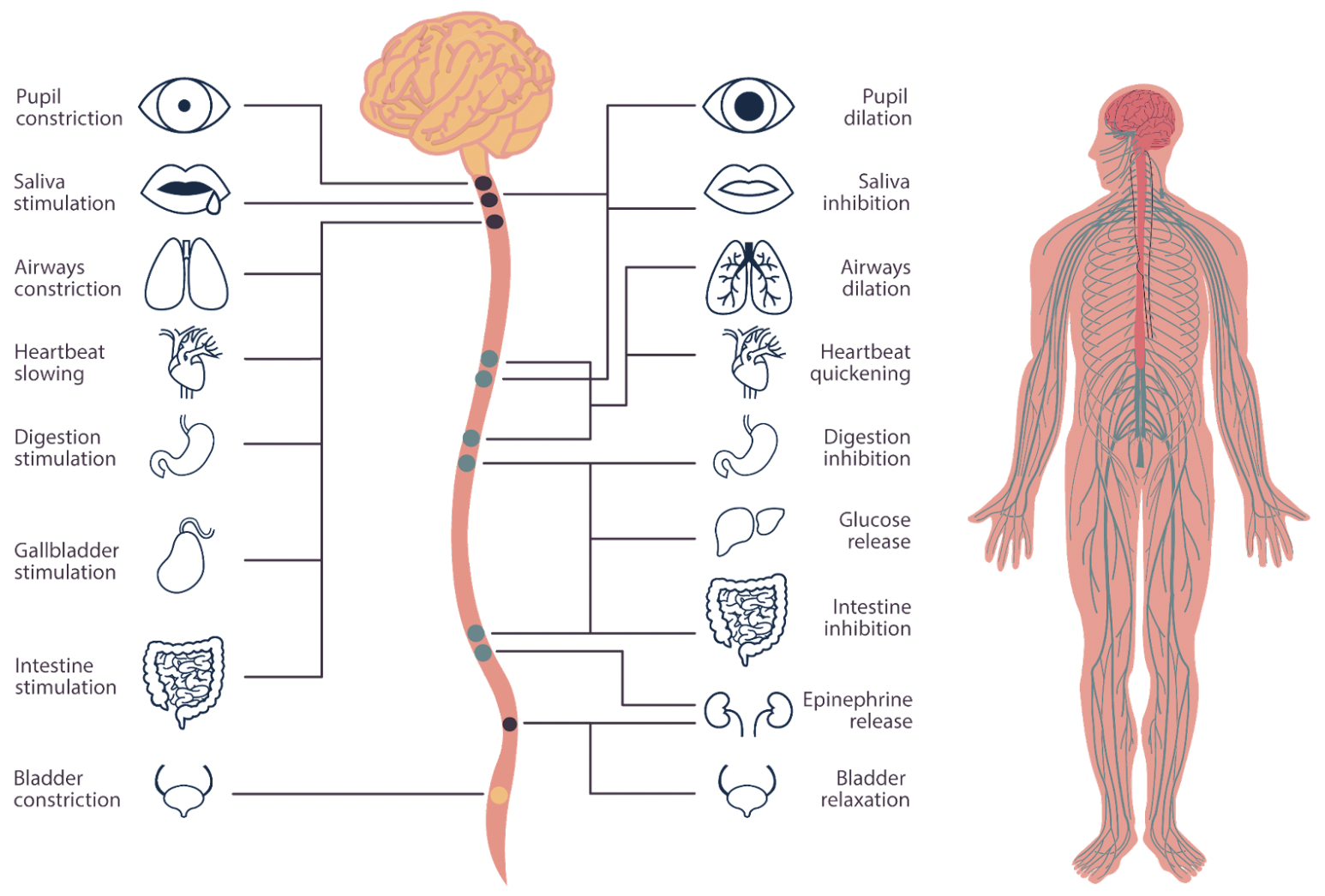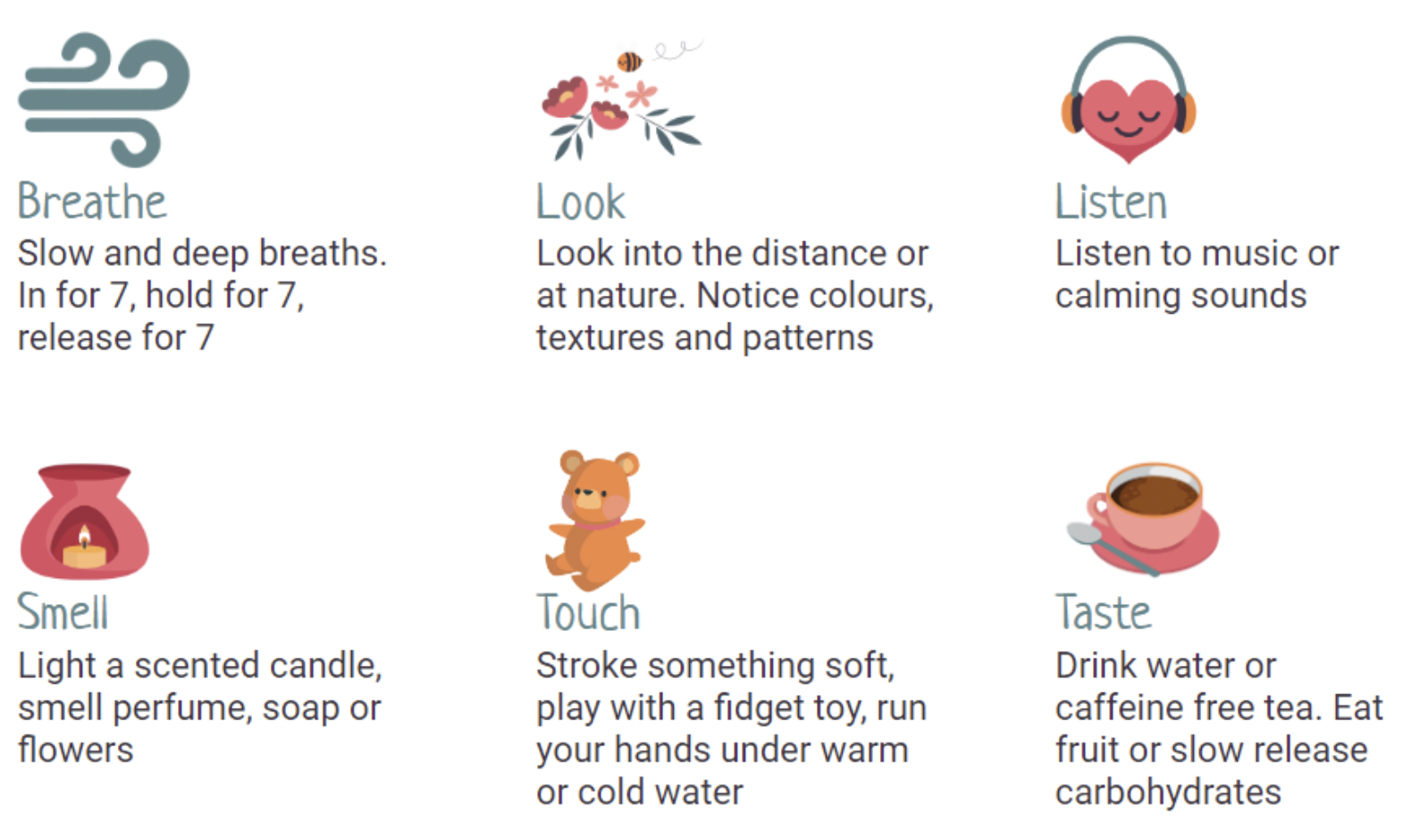You have 1 article left to read this month before you need to register a free LeadDev.com account.
If the past year’s events in the tech industry are taking a toll on your mental health, then these tactics might help you improve it.
As we step into 2024, many of us feel tired of facing “unprecedented challenges.” The lingering effects of the pandemic, recession, widespread redundancies, an escalating energy crisis, and the impact of global conflicts will profoundly affect our mental well-being, not to mention the day-to-day stresses of working in a fast-moving, highly competitive industry.
Talking about mental well-being should feel as natural as talking about having a cold or a headache, but in order to do so, we need to have the space, education, and language to do so.
The tech industry has so many cases of anxiety, burnout, and impostor syndrome. We have a dangerous tendency to blur the lines between our jobs and our hobbies. We constantly strive to be the smartest in the room, we negatively compare ourselves to experts and specialists. Burning the candle at both ends can leave us surprised when there’s nothing left in the middle.
Meet your autonomic nervous system

This is a system in your body that you don’t consciously control, it regulates involuntary physiological processes – your heart rate, respiration, blood pressure, digestion, and hormone release. It is this system that reacts when you are stressed. If you perceive yourself to be under threat, the autonomic nervous system kicks into action, sending messages around the body, getting adrenaline, cortisol, and oxygen to the places they’re needed.
If you feel stress or anxiety for a prolonged period of time, however, your nervous system can become overactive and easier to trigger. It will flood your body with warnings, even when the situation is not one of life or death. An overabundance of stress hormones can cause physical symptoms such as headaches, nausea, shortness of breath, muscle pain, and stomach ache. It can also be a cause of insomnia, weight gain or loss, and memory loss, potentially causing lasting damage to your mental and physical health.
Prolonged stress can have a lasting impact on your health
When unmanaged, stress can cause some deeper issues – anxiety, impostor syndrome, burnout, and depression.
Anxiety
Anxiety is a natural part of life. For example, you may feel anxiety before a job interview, or when doing public speaking. It is a normal reaction to a new or tough situation.
An excessive or persistent state of anxiety, however, can have a devastating effect on your physical and mental health. Your nervous system is in a constant state of “activation,” giving your body messages that you are in danger. The increased levels of adrenaline and cortisol in your body can lead to issues for your immune system.
Anxiety can stop you from doing the very things that might help reduce it, like socializing, trying new things, or getting outside.
Impostor syndrome
Impostor syndrome is feeling like you are undeserving of the position you are in, especially in contrast to others who are in the same place as you.
People who are highly skilled or intelligent tend to believe that their colleagues and their peers are also skilled and intelligent. This belief can sometimes cause us to judge ourselves against others, doing so unfairly and harshly.
This judgment can cause us to believe that we don’t deserve the opportunities or qualifications that we’ve earned, or that the skills we’ve gathered aren’t worth as much as those of other people.
Burnout
Burnout is a state of physical and emotional exhaustion. It can occur when you experience long-term stress in your job, or when you have been physically or emotionally drained for a long time.
Common signs of burnout include:
- Feeling tired, drained, or overwhelmed most of the time
- Feeling helpless, trapped, or defeated
- Feeling detached and alone in the world
- Having a cynical or negative outlook
- Regularly feeling self-doubt
- Frequent procrastination
With constant connectivity via email, instant messaging, and remote working, the lines between our work and home lives have become increasingly blurred. Many of us are working longer hours and taking fewer breaks. We feel guilty taking appropriate downtime and believe that we need to be constantly productive; be it because we are chasing job security, financial security, or because we are caring for dependants.
Burnout isn’t something that goes away on its own, and it can actually worsen if you don’t address the underlying causes.
Depression
Given the worldwide health and financial stresses of the last couple of years, record numbers of people are experiencing poor mental health. According to the World Health Organization (WHO), it is estimated that at least 5% of adults suffer from depression.
A good predictor of depression is self-criticism. That nasty little voice in your head that tells you that you’re not good enough, that you will fail, that you shouldn’t even try. Self-criticism and low self-esteem can be caused by burnout, by perfectionism, and impostor syndrome. Depression should be treated with as much seriousness as you’d treat a physical condition like a broken leg.
If you’ve recognized any of these symptoms in yourself or your colleagues, there are techniques and practices to help. By talking about these feelings together, we can start to destigmatize looking for and receiving mental health support in the tech sector.
Techniques to improve your mental health
Grounding
If you’re feeling stressed or anxious, it can feel difficult to “step out of the whirlwind,” but doing so is essential to allow your autonomic nervous system to calm and your brain to stop spinning in place. You can use calming techniques to bring yourself back to rational thinking.

Firstly, remember to breathe. When you’re in the spiral of anxiety, you’ll often find yourself breathing quickly and shallowly. Take deep, slow, steadying breaths. Breathe in while counting to seven, hold your breath for seven, and then exhale slowly all the way from your diaphragm for seven.
Then you can use grounding techniques based on using your senses:
Sight – Look into the distance or at nature, and notice the colors and patterns around you.
Sound – Listen to your favorite music, calming sounds, or noises.
Smell – Light a candle or smell your favorite perfume or soap.
Touch – Stroke something soft like a scarf or soft toy, play with a fidget toy, or run your hands under warm or cool water.
Taste – Drink water or another caffeine-free drink. Eat fruit or another easy-to-prepare snack, and concentrate on flavor and texture.
Self-soothing will be personal to each individual, but learning these for yourself or an anxious colleague can be vital to calming your nervous system and bringing down an anxiety attack.
Finding joy
Even if you’re working long hours, remember to sprinkle joy into your day. It’s essential to replenish your physical and emotional energy, and doing so frequently will restore your capacity to focus.
Exercise and connect with your body. This doesn’t have to be an hour-long workout at the gym; it can be a gentle walk or some stretching. Anything to make you a little more mindful of how your body is feeling today.
Eat well. Eating a healthy diet filled with slow-release carbs, proteins, good fats, and vitamins can be a natural antidepressant.
Rest. Rest reduces stress and improves concentration. It helps your body to recover physically.
When you rest, your nervous system has time to rebalance and return to normal. Resting allows your brain time to sort through problems. After a break, you may be surprised to find that the problem you were stressed over is actually not so bad.
Go outside. Spending time in nature has been found to help with both anxiety and depression. Even just looking at pictures of nature, reduces anger, fear, and stress and increases pleasant feelings. Exposure to nature not only makes you feel better emotionally, but it also contributes to your physical well-being, reducing blood pressure, heart rate, muscle tension, and the production of stress hormones. Research done in hospitals, offices, and schools has found that even a simple plant in your room can have a significant impact on stress and anxiety.
Practice good sleep habits. Try and get used to a relaxing bedtime ritual which will allow your mind to wind down at the end of the day. Establish a realistic bedtime and stick to it every night. Set a time to wake up that will allow for 8 hours of sleep and allow for a period in the morning where you can mentally prepare for the day. No running straight from bed to your desk!
Be mindful. Keeping a diary of your mood and what affected it might help you to recognize your triggers.
If you’re having trouble squeezing self-care activities into your packed schedule, consider giving yourself a week to assess exactly how you’re spending your time. Split your days up into blocks of time, perhaps every three or four hours. For each block of time, record what you’re doing, who you’re with, and how you feel on a scale of 1 to 10, where 1 equals angry or drained, and 10 is joyful or energized. Consider how valuable each activity is. This may help you find opportunities to limit your exposure to tasks, people, and situations that aren’t essential and put you in a negative mood and to increase your investment in the experiences that boost your energy so that you can make space for restful, positive time away from work.
Accept help
During stressful times, it’s important to reach out for help. If asking for assistance feels difficult, consider implementing a self-care “check-in” with close friends or family members – schedule reminders to talk with each other about your mental state and well-being.
One of the best ways to understand yourself and what’s going on in your head is to attend talking therapy. Getting a therapist can feel like a big step for some; I know it took me just a little over two years before I admitted to myself that I needed to speak to a therapist – but it is the best thing I have ever done for myself.
Getting therapy on the NHS can mean a long wait, but there are also plenty of websites where you can search for private therapists by specialism. I can recommend the British Association For Counselling And Psychotherapy (BACP), where you can search their members by area and specialism. And Pink Therapy for those who would prefer a therapist from the LGBTQ+ community.
Finding a therapist is a very personal matter, and it may be that the first person you talk to is not someone that you want to continue working with; this is perfectly fine and normal. It is recommended to shortlist at least three therapists to have initial chats with. That way, you can get a feel for the way they work and their rapport before deciding to work with them long-term.
You may also find that your employer offers counseling and other mental wellness services, it is very worth asking your manager or HR.
Managing the state of overwhelm is not easy
We live in a world where working hard no longer allows us the capital required to feel safe and “comfortable.” The tech industry often teaches us that switching off is lazy and unjustifiable. We feel guilt when we stop or take a break. Hustle culture tells us that if we work and produce enough, if we go “above and beyond,” then we can reach a point of comfort, but the truth is that isn’t possible for the majority. We often end up basing our sense of self-worth on what we can produce rather than on who we are as people, and the industry smiles on as we work ourselves into burnout, depression, and anxiety.
It’s essential to challenge the ingrained hustle culture of the tech industry that often glorifies overworking at the expense of mental well-being. Your worth is not defined by your productivity alone.
The key to managing these challenges lies in acknowledging and addressing them. This means recognizing the symptoms in yourself and others, talking about them, and taking proactive steps towards better mental health. Remember, taking care of your mental health is not just beneficial for you; it’s also beneficial for those around you and for the tech industry as a whole.


